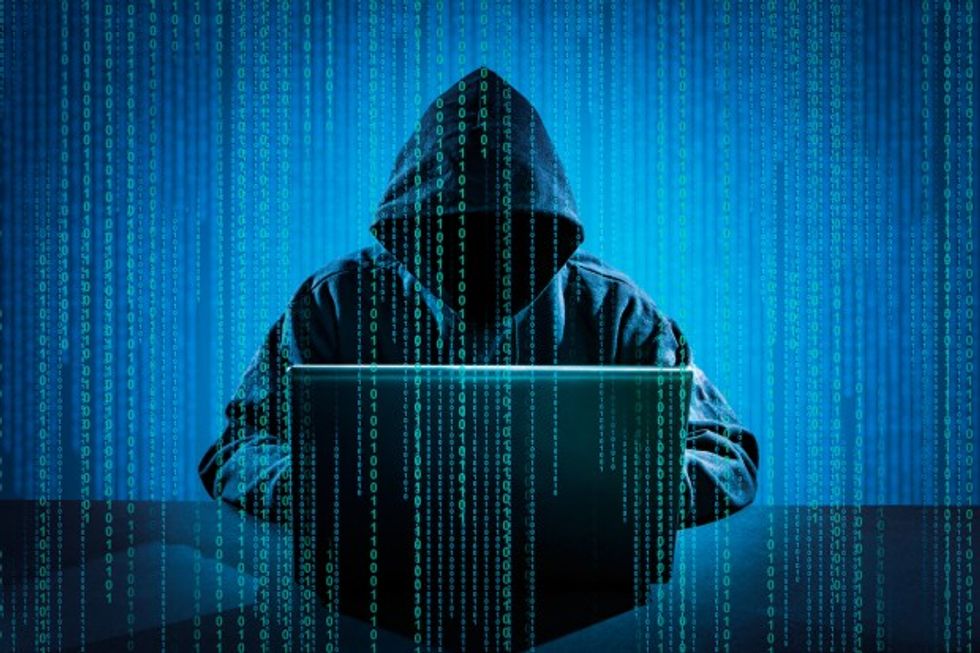
Getty Images

SAN FRANCISCO (AP) -- A Russian man has been charged with hacking and stealing information from computers at LinkedIn and other San Francisco Bay Area companies, federal prosecutors announced Friday.
A grand jury indicted Yevgeniy Aleksandrovich Nikulin, 29, of Moscow, Russia, on Thursday on charges including computer intrusion and aggravated identity theft, the U.S. Attorney's Office in San Francisco said.
Nikulin sent a program to a LinkedIn employee's computer, stole the employee's username and password and used them to access the company's computers in 2012, according to prosecutors. Nikulin is also accused of hacking two other companies, Dropbox and Formspring, and conspiring to sell stolen user names, passwords and email addresses of Formspring customers.

He was arrested on Oct. 5 by officials in the Czech Republic and remains there, according to prosecutors. Russian officials have said they are working to prevent his extradition to the United States.
LinkedIn has suggested that Nikulin's arrest was tied to a 2012 breach of member information. In May, LinkedIn said that the 2012 breach resulted in more than 100 million of its users' passwords being compromised — vastly more than previously thought.
Abraham Simmons, a spokesman for the U.S. Attorney's Office, declined to comment on whether the charges against Nikulin relate to that breach. An email to LinkedIn for comment was not immediately returned.
Simmons said he did not know the name of Nikulin's attorney.
The indictment alleges three unnamed co-conspirators, one of whom offered to sell the stolen Formspring user information to another for 5,500 euros.
The U.S. has accused Russia of coordinating the theft and disclosure of emails from the Democratic National Committee and other institutions and individuals in the U.S. to influence the outcome of the election. Russia has vigorously denied that.
There was no indication this case was connected to that accusation.